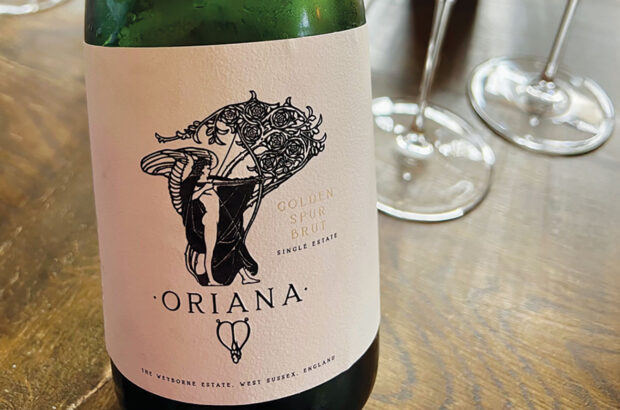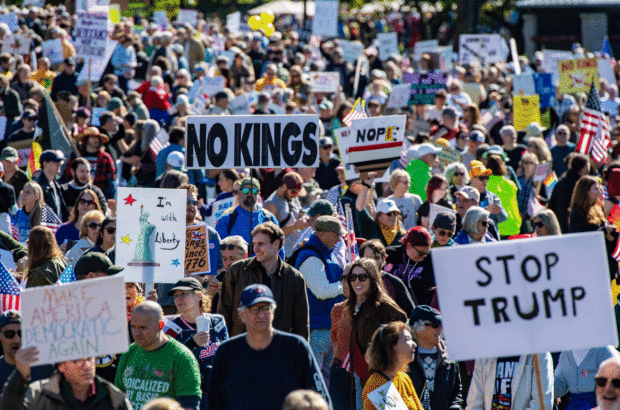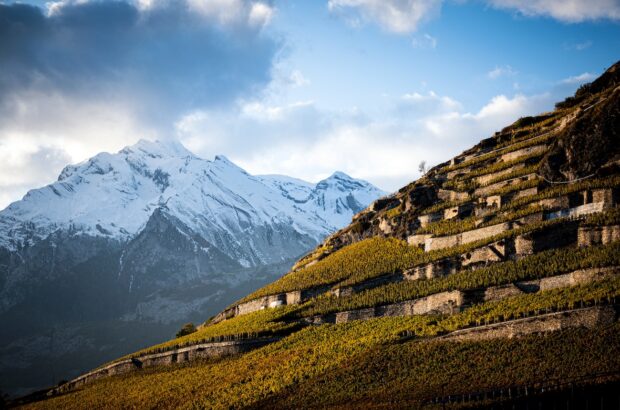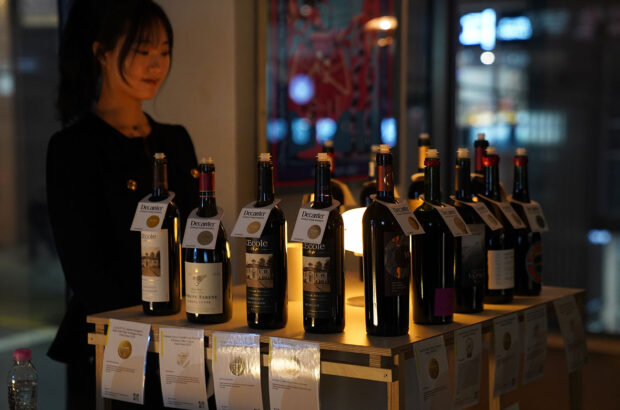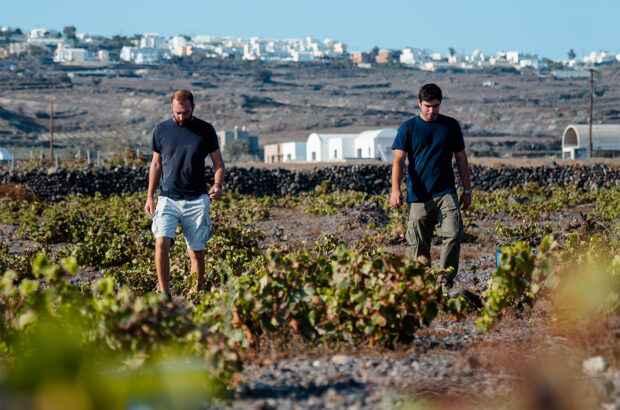The arrest by the FBI of Rudy Kurniawan is not enough to deter the tide of fake wine, alleged victims of counterfeiting say.
Kurniawan, who is accused of several counts of financial and mail fraud relating to the sale of counterfeit wine which if real would be worth US$1.3m, is also named in several lawsuits brought by those who bought wine – mostly at auction – subsequently determined to be counterfeit.
‘This is nowhere near the end of the story,’ said Brad Goldstein, a spokesman for William Koch (pictured), the billionaire collector who has six different lawsuits or appeals running against retailers, vendors and major auction houses including Kurniawan, Christies and Acker Merrall & Condit, and collector Hardy Rodenstock, for allegedly selling fake wines.
‘They found thousands and thousands of labels in his home. We’ll never know the extent of this guy’s damage. We don’t know what he’s done.’
According to the deposition by US attorney Preet Bharara to US District Judge Denise L Cote, ‘an elaborate counterfeiting operation’ including thousands of wine labels, corking apparatus, and capsule-making equipment, was allegedly found at Kurniawan’s flat when he was arrested earlier this month.
Michael Egan, an authentication specialist with negociant Bordeaux Winebank and also an expert witness for Koch and other collectors, also remains concerned.
‘It would make the wine world safer if he were the only one. My worry is that there might be others,’ he said.
‘But it is a step in the right direction that a public body such as the FBI has done a lot of detective work and has arrested a suspect. And we would hope that other public law bodies, not just in the US but in France, Germany and elsewhere would do the same.’
Goldstein believes market exuberance and greed have caused professionals – including the press and other experts – to ignore tell-tale signs of fraud. He feels producers should also take more responsibility to prevent fraud at source.
Referring to the notorious fraud that is the central plank of the FBI’s case against Kurniawan, the counterfeiting of dozens of bottles of Burgundy’s Domaine Ponsot, subsequently withdrawn from an Acker Merrall auction, Goldstein said, ‘I applaud Mr Ponsot for stepping forward, I just don’t understand why more chateaux don’t do that. If the chateaux tell you they don’t have the time or the resources, they can watch their prices plummet because nobody can be assured of their brand.’
Another prominent collector, Russell H Frye, whose own wine fraud case against merchant The Wine Library was settled out of court, believes there are more criminals at large and the trade must take more active responsibility.
‘The message needs to include those that have knowingly sold fakes produced by others. The counterfeiters are only a part of the problem.’
Frye, who runs a business called Wine Authentication, said that while fewer fake bottles may be passing through the larger wine auction houses, several retailers may have offered questionable wines during the past two years.
He suggested that sommeliers could be educated and certified to detect counterfeits, and more effort could be made to make empty bottles unusable.
Written by Maggie Rosen



